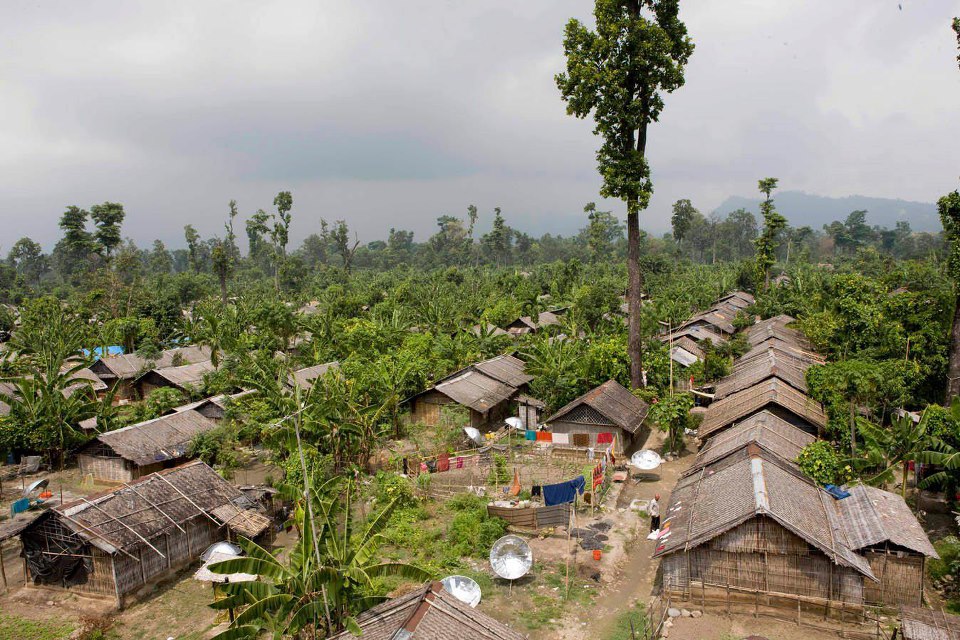The Bhutanese state has constructed their identity, domestically and internationally, against the Lhotshampa people, a broadly Hindu Bhutanese-Nepali people, who feature as the ‘Other’ in the process of identity construction. This group of marginalised people has been expelled from Bhutan through ethnic cleansing. The monarchy and ruling elite see the Lhotshampa as a threat to their power and have imposed policies designed to homogenise Bhutan. We explore this Bhutanese construction of identity. Through the case studies of Bhutanese-Nepalese and Bhutanese-Lhotshampa relations, we review the literature on both ‘critical’ and ‘conventional’ constructivism with focus on identity in the domestic and international spheres. The primary question of investigation is to what extent theorists can reconcile critical and conventional constructivism through the case study of Bhutanese national identity and the type of insights that gives us into the nation of Bhutan and its identity. We attempt to reconcile two complementary but ontologically differing theories through a pragmatic approach. Constructivist theorists in the realm of identity are deployed to explain how the Bhutanese government has acted. We find that through Bhutan, a pragmatic approach can be taken to partially reconcile the constructivisms to understand identity domestically and internationally. The findings suggest identity is central to Bhutan exercising its sovereignty, to the detriment of the Lhotshampa. The government claims homogeneity at home, providing a domestic base of control to pursue international interests; interests which reinforce that identity of homogeneity.
Bhutan Watch
Critical Appreciation – Constructive Criticism

One thought on “Identity, Culture, and National Interest: A Pragmatic Application of Constructivist Theory to the Lhotshampa Expulsion”
Comments are closed.